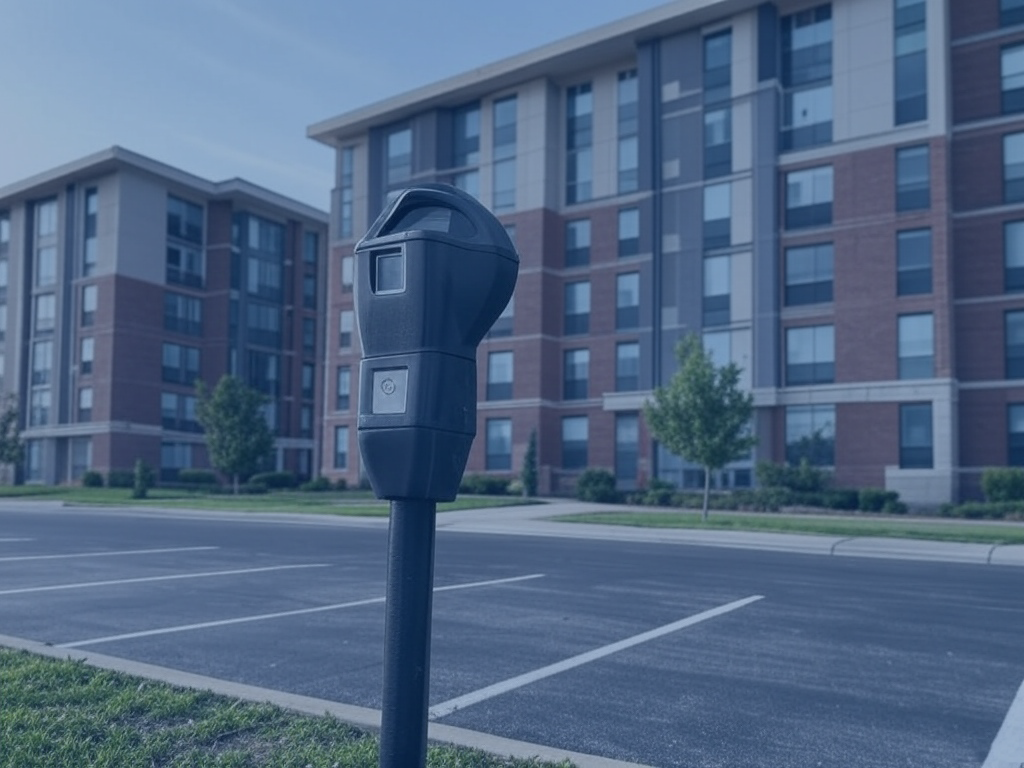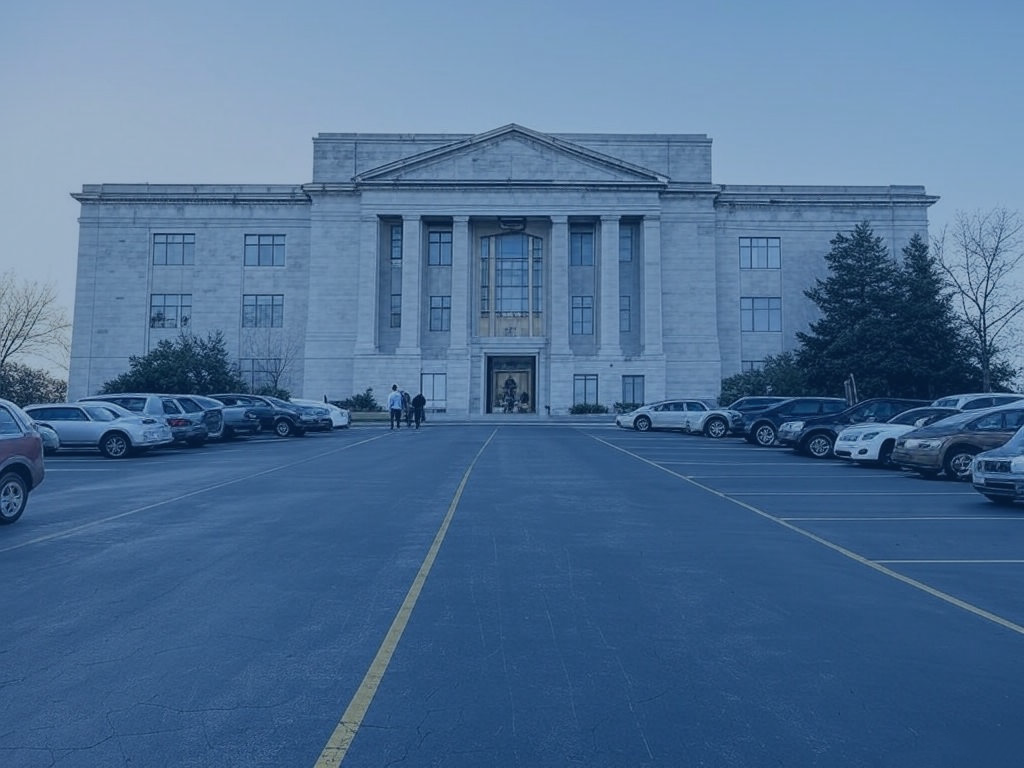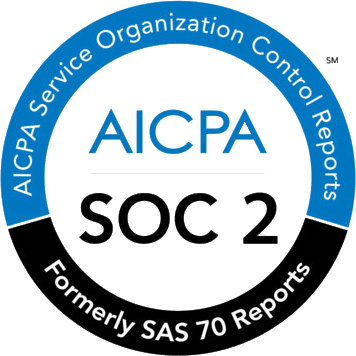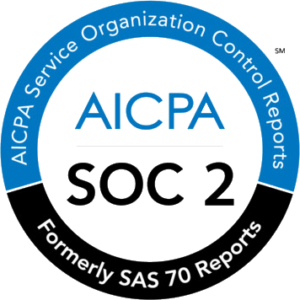There has been a lot of fuss around car park management and where its future lies. Much of the fuss has been around car park operators and how technology will change their roles going forward.
Of course, the truth is that car park operators not only have nothing to fear from these technological improvements, but technology will actually make their job and car park management much more efficient.
Before we get into how this will be the case, let us look at just what car park management is right now.
What is car park management?
Car park management involves the operating and controlling of systems associated with a car lot. This involves the management of security, surveillance, occupancy, communication and the comings and goings of visitors to the lot.
Ideally, car park management within your organization should allow both employees and visitors the use of your car park with as few problems as possible.
Traditionally car park management was done manually, with few technological aids. A person would sit in a booth and allow only authorized vehicles to enter and exit.
However, as time as progressed, this mode of working has become outdated.
Nowadays, car park management includes the use of access control and security features, such as CCTV for surveillance, RFID and Automatic Number Plate Recognition (ANPR).
And while these features have progressed certain elements of car park management, there are still several areas which have not progressed and eat into the time of managers and operators. One such area is live occupancy tracking which is still often managed via spreadsheets.
The management of visitors can take a similarly analogue approach, with lot managers dealing with their arrivals on and ad-hoc basis.
Many businesses and organizations have also been slow to adopt efficient methods of communication with lot users. This leads to visitors and employees arriving to the lot without knowing whether or not there is actually going to be spaces there for them.
Problems with traditional car park management
Traditionally car park management was extremely manual. Fo instance, when a parking lot manager wanted to manage occupancy, they would do so via an Excel spreadsheet, or worse still, with pen and paper.
The administration associated with traditional car park management is tiresome and takes up far too much time.
Not only does this cause issues around time management, as the operator is not able to manage other elements of the lot. But it also causes issues around human error, as each visitor has to be entered and removed manually. It is not a very agile way of working, as people’s plans change and that affects how many cars are going to be in the lot.
The same issues arise when you consider communication in traditional lot management.
Often, users would only be told about the occupancy of a lot when they arrive to that lot. This is inefficient for many reasons and with hybrid working, it can be an absolute disaster.
On top of that, when spots reserved for execs or MVPs aren’t being used, they go to waste with traditional lot management. This obviously leads to inefficiency, but it is an issue that is hard to get around. That is because, in this system, the owners of these spaces cannot communicate that they won’t be using them.
Traditional car park management also doesn’t give much scope to businesses who have other aims, such as reducing their overall carbon footprint. Here, they have little, or no, control over encouraging their staff to drive to work less.
The future of car park management
The future of car park management doesn’t involve replacing car park managers with technology.
The future of car park management involves freeing up time with technology so that car park managers and operators are more efficient in their roles.
For instance, instead of spending hours each day manually managing occupancy, parking management software will complete this via users logging when they are going to access the lot and booking a space. In this case, the car park manager can use their time to ensure the lot is running smoothly.
Similarly, with car park automation, users are communicated with around occupancy before they even leave for the lot. This allows for managers to set and implement policies that can change the atmosphere and energy around the lot.
For instance, if senior staff members are constantly leaving their reserved spaces free, technology allows car park managers to insist that they book them for the days they are in the office. Here, there is an extra space that can be used for other members of staff, which in turn makes those staff feel more valued.
Another example of this is around businesses trying to reduce their carbon footprint. In this case, the future is now, as Version 1 learned when they leveraged Wayleadr to decrease the number of staff driving to work by over 50%.
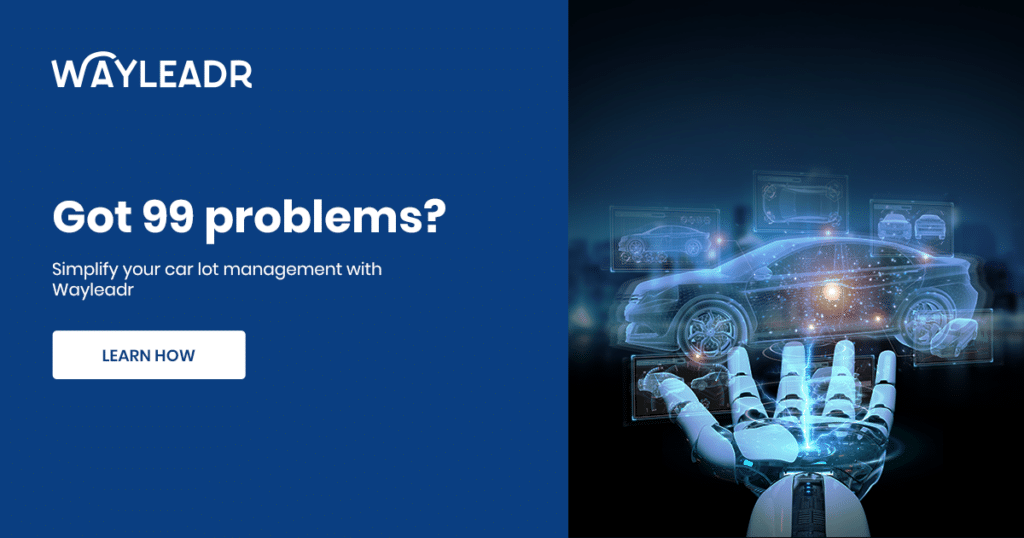
Technology’s role in the future of car park management
Technology is going to impact how car parks of the future are managed. It will automate processes and free up carpark managers and operators time to allow them to focus on enhancing the experience of carpark users.
Technology has a pivotal role is the future of car park management. By implementing technology today, carparks become more efficient and they are prepared for the future of commuting.
One benefit of technology is that it allows for companies to ensure that less vehicles are coming into the workplace on any given day, dropping their overall environmental impact and helping them meet their ESGs.
Car park automation software, such as Wayleadr, has improved the role of the car park manager and operators. And it will continue to do so going into the future. Learn how Wayleadr can automate processes and bring your carpark into the future by booking a demo now.

